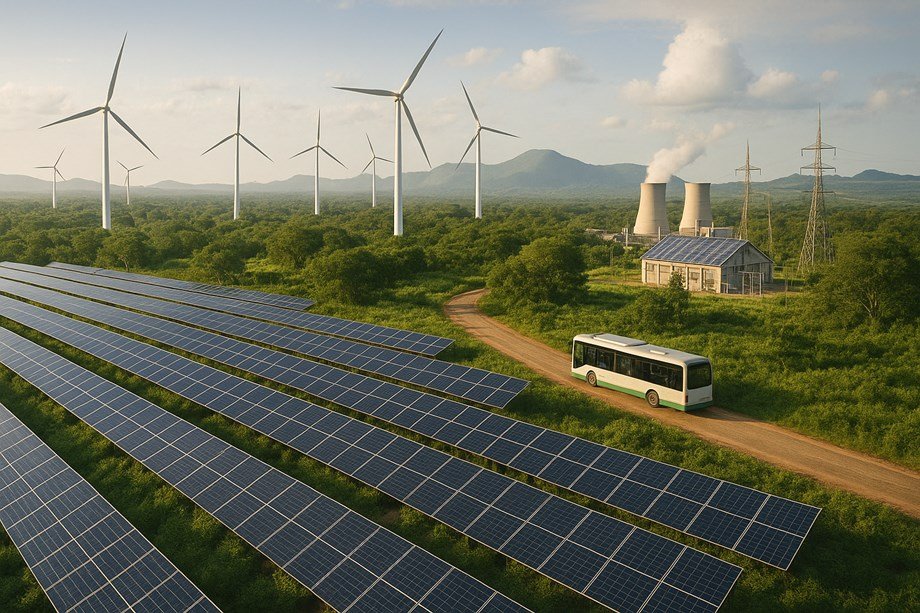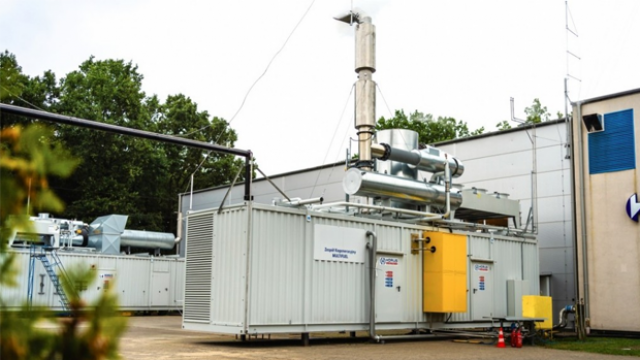The European Commission has rolled out a new State Aid framework, the Climate, Energy and Environmental Aid Framework (CISAF), aimed at bolstering the Clean Industrial Deal. Announced on June 25, 2025, this framework allows EU Member States to financially support key initiatives in electrification, industrial decarbonisation, and clean technology manufacturing through 2030.
CISAF builds upon the 2023 Temporary Crisis and Transition Framework and serves as a cornerstone of the EU’s objective to enhance industrial resilience and competitiveness. It permits temporary electricity price relief for electro-intensive industries, contingent upon investments in renewable energy, energy storage, demand-side flexibility, or electrification strategies.
The framework emphasizes direct electrification, especially for industrial heating processes up to 500°C, leveraging established technologies such as electric boilers and thermal storage systems. Additionally, CISAF facilitates capital expenditure support specifically for clean technology manufacturing, crucial for meeting the EU’s ambitious target of 36 GW in wind manufacturing as outlined in the Net-Zero Industry Act.
Further provisions include assistance for manufacturing grid equipment and expedited approval processes, acknowledging the urgency of expanding grid infrastructure to accommodate renewable energy sources. CISAF also allocates funding for repowering projects, which cover expenses related to turbine dismantling, thereby enhancing output and efficiency of existing wind farms.
WindEurope has endorsed the new framework and aims to collaborate with industry stakeholders and national governments to accelerate decarbonisation efforts and scale up clean technology across Europe.




